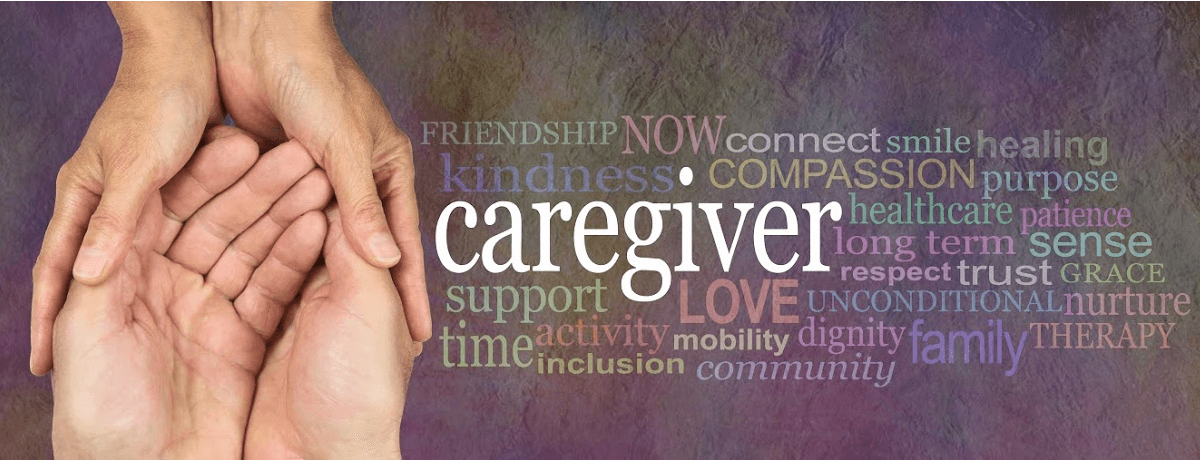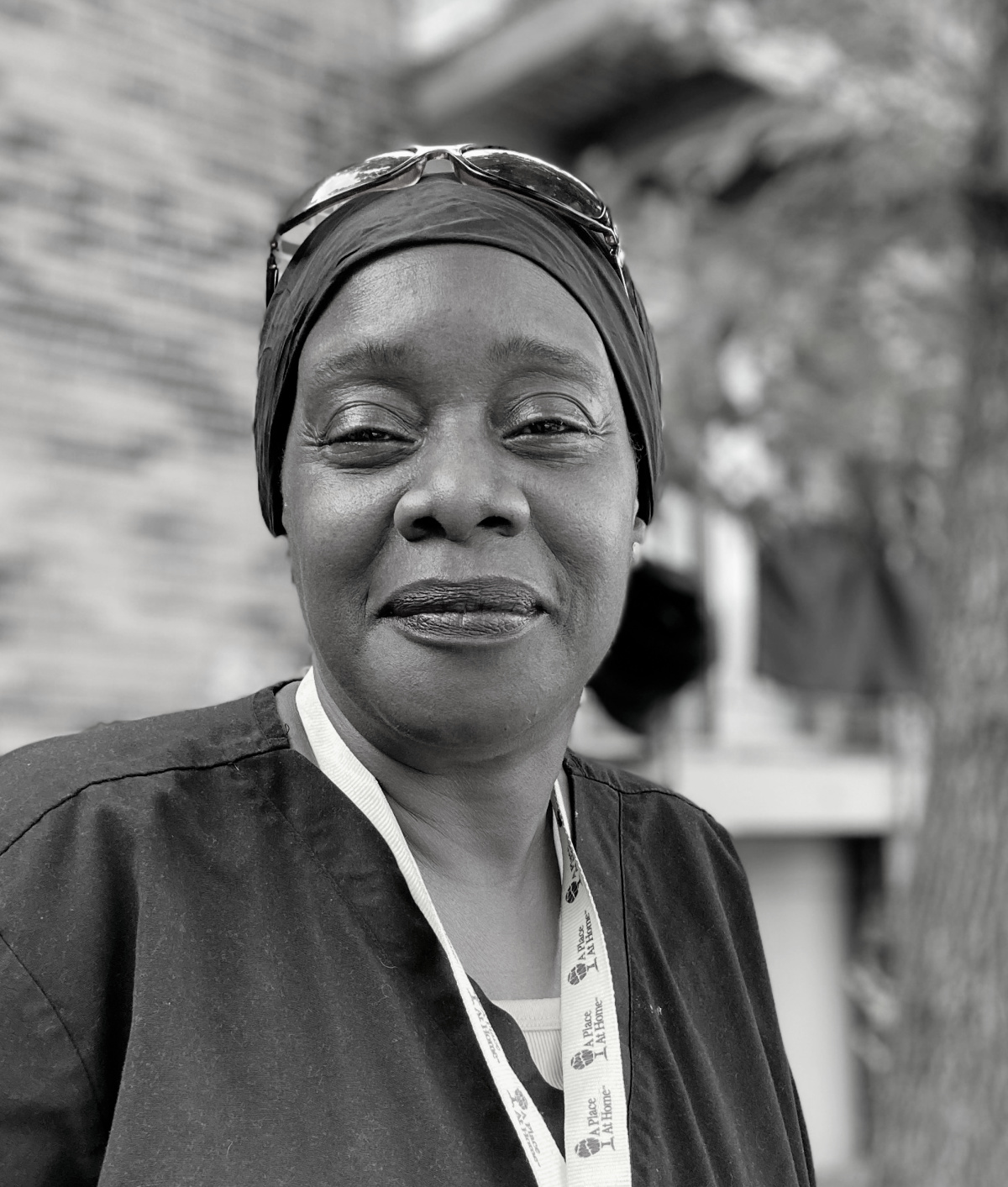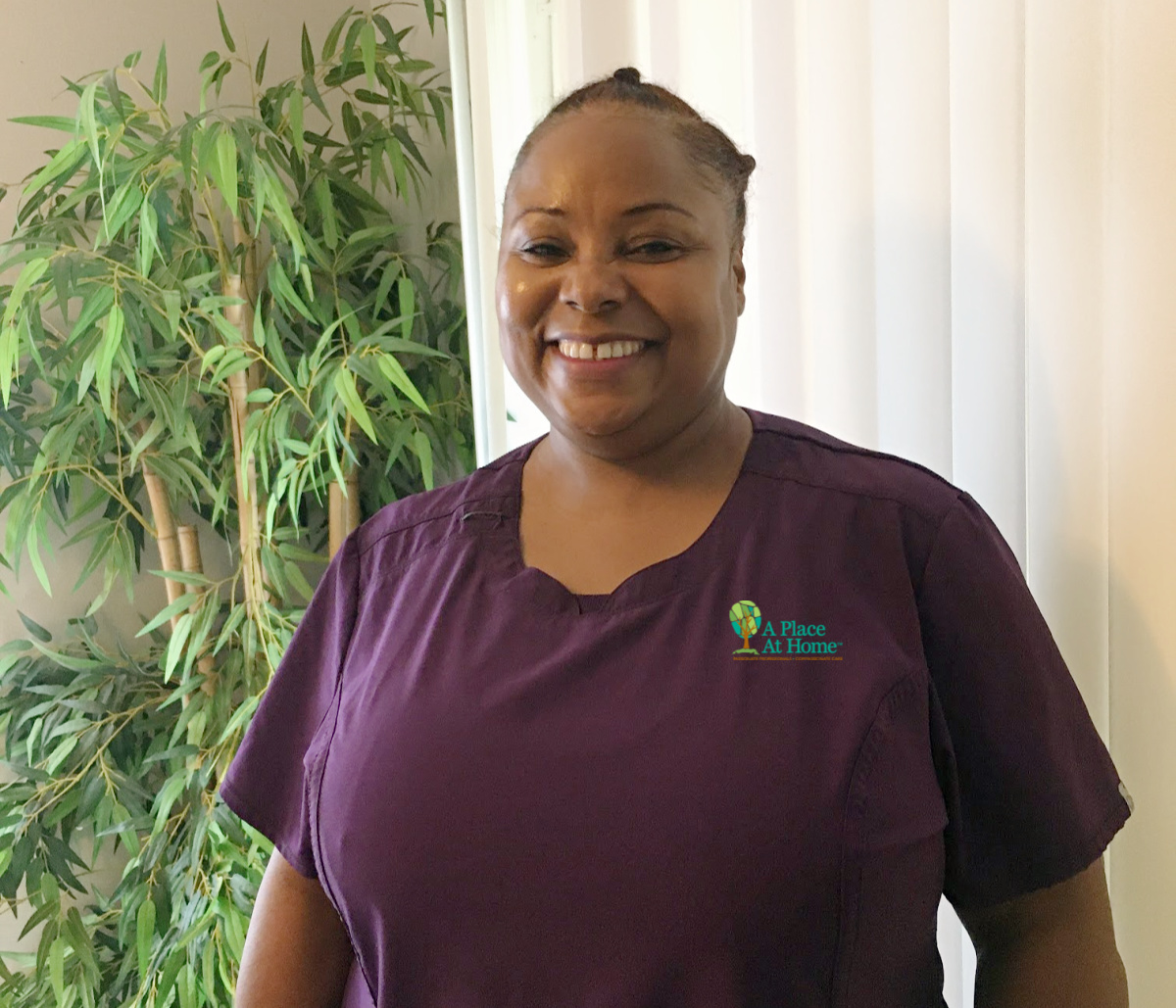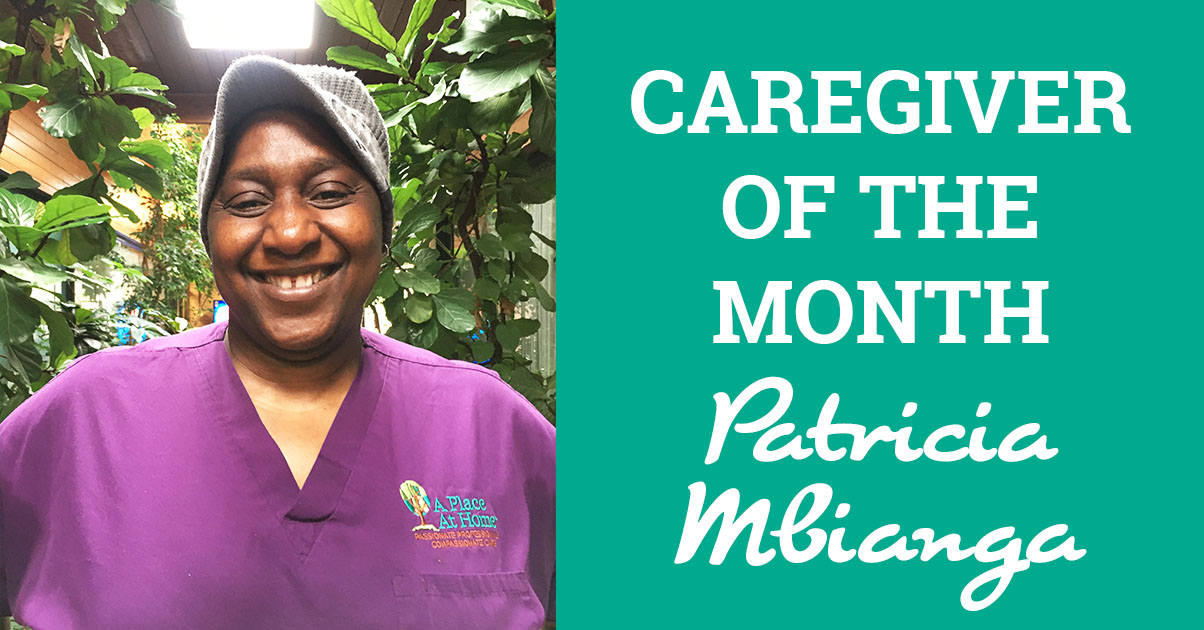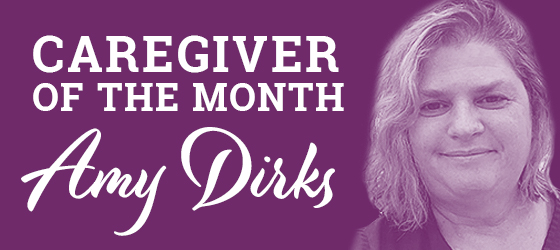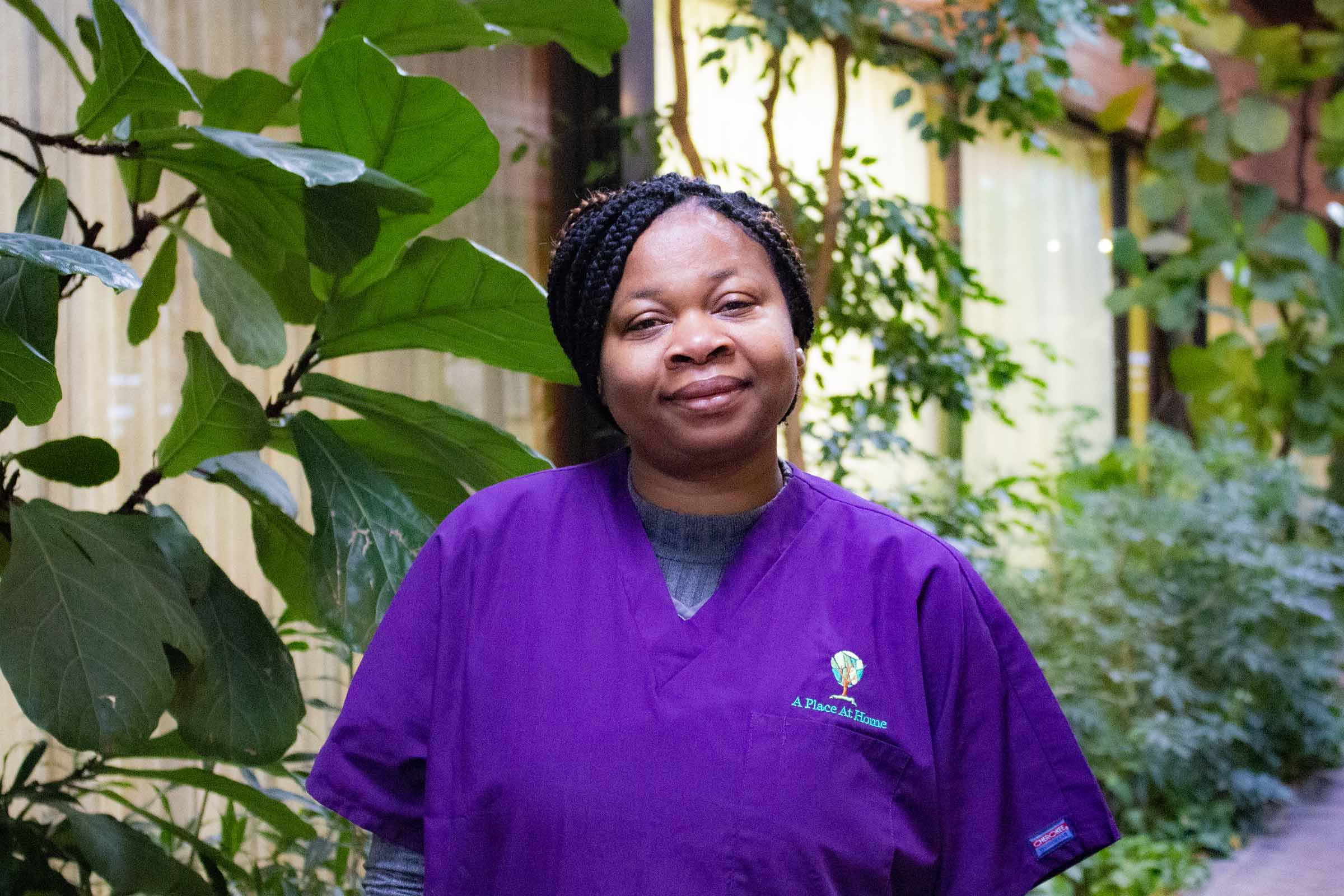As we age, our bodies go through numerous changes, including an increased vulnerability to the harmful effects of ultraviolet (UV) radiation. UV safety is crucial for seniors, as it plays a significant role in their overall health and well-being. As the years go by, the skin’s ability to protect itself from UV damage decreases, making older adults more susceptible to various health issues. In this blog, we will explore the importance of UV safety in relation to seniors and aging, as well as practical steps they can take to protect themselves from the sun’s harmful rays.
UV Safety for Aging Adults
UV radiation is an invisible part of sunlight that reaches the Earth’s surface and is divided into three types: UVA, UVB, and UVC. While the ozone layer absorbs most of the harmful UVC radiation, UVA and UVB rays can still reach us, affecting our skin and overall health.
As we age, our skin undergoes natural changes that make it more susceptible to UV damage. The production of collagen and elastin, responsible for skin firmness and elasticity, decreases with age. This leads to thinner and more fragile skin, making it easier for UV rays to penetrate and cause damage. Additionally, the number of melanocytes, cells that produce melanin (the pigment responsible for skin color), decreases, leaving older adults more vulnerable to sunburn and skin cancers.
UV-Related Health Risks for Seniors
Skin Cancer
The most significant risk associated with UV exposure is skin cancer, and seniors are at a higher risk due to the cumulative effect of sun exposure over their lifetimes. Melanoma, the deadliest form of skin cancer, is more prevalent in older adults and can be life-threatening if not detected and treated early.
Wrinkles and Age Spots
Prolonged UV exposure can accelerate the aging process, leading to premature wrinkles, fine lines, and age spots. Seniors who spend significant time outdoors without sun protection are more likely to experience these visible signs of aging.
Eye Problems
UV rays can also cause eye issues, such as cataracts and macular degeneration, which can lead to vision loss. As we continue to mature, the lenses in our eyes become less efficient at filtering UV radiation, making seniors more susceptible to these problems.
UV Safety Tips for Seniors
Seek Shade
Encourage seniors to seek shade during peak sun hours, typically between 10 am and 4 pm. This will reduce their overall UV exposure and provide a safe haven from the sun’s strongest rays.
Wear Protective Clothing
Seniors should wear lightweight, long-sleeved shirts, wide-brimmed hats, and sunglasses with UV protection. These garments can shield their skin and eyes from harmful UV rays.
Apply Sunscreen
Regularly apply broad-spectrum sunscreen with at least SPF 30 to exposed skin, including the face, hands, and neck. Sunscreen should be reapplied every two hours, especially after swimming or sweating.
Regular Skin Checkups
Encourage seniors to undergo regular skin checkups with their healthcare provider or dermatologist. Early detection of skin changes can significantly improve the outcome if skin cancer is detected.
Stay Hydrated
Drinking plenty of water is essential, especially in hot weather. Hydrated skin is more resilient to sun damage and can better repair itself.
Related Article: Dehydration in Seniors: What to Look For and How to Help
UV safety is a critical aspect of senior health and aging gracefully. As we age, our skin becomes more vulnerable to UV damage, making older adults particularly at risk for skin cancers, eye issues, and premature aging. By taking simple precautions, seniors can safeguard themselves from the harmful effects of UV radiation.
If you or someone you know would benefit from having oversight so that they can stay healthy and independent, reach out to us to see locations near you. Our professional and compassionate caregivers are passionate about the care they provide, and we would be honored to help!




